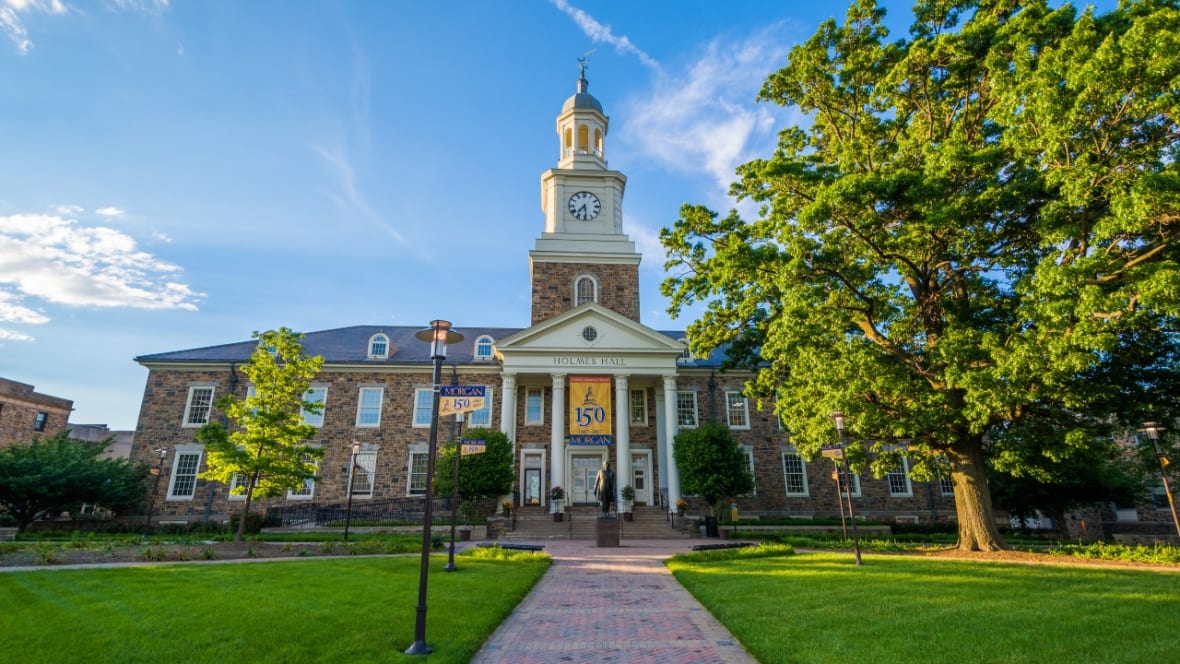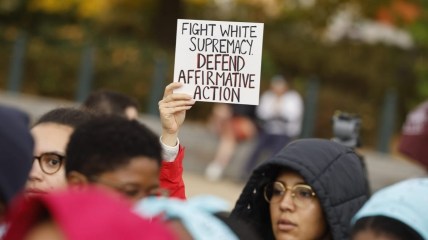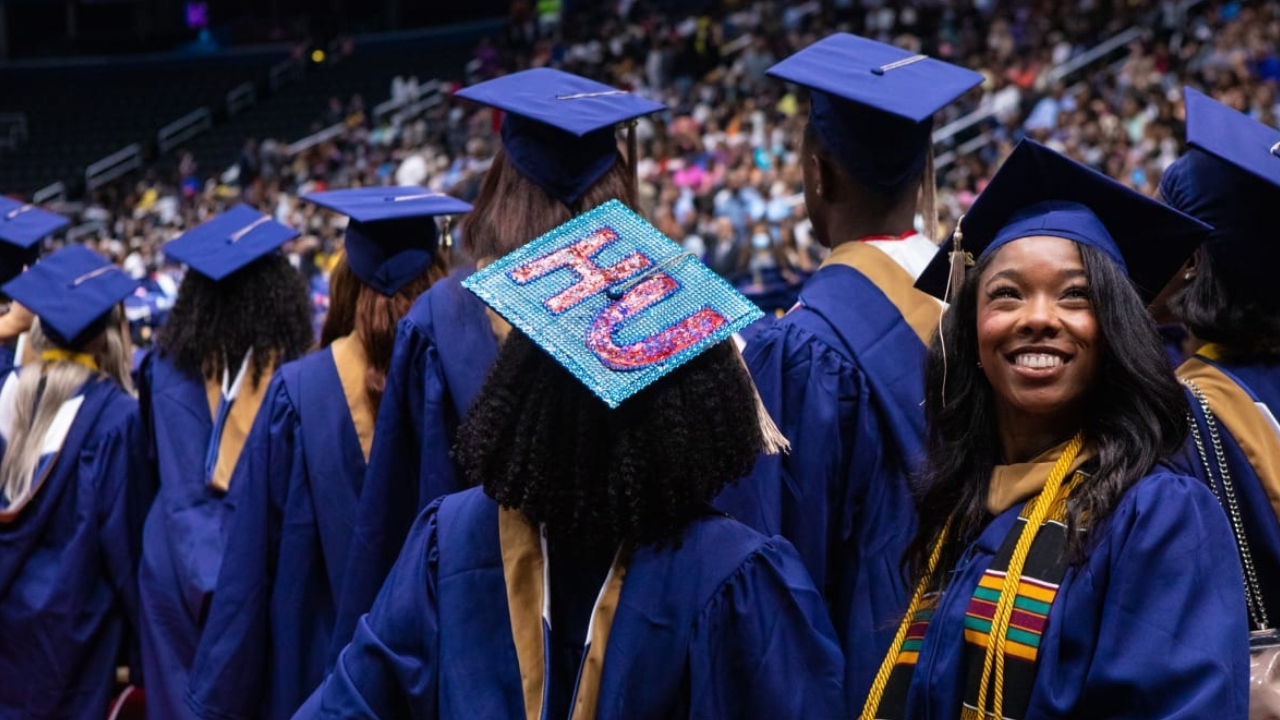HBCUs bracing for flood of applicants, both a blessing and a curse
Since 2020, the number of applicants to HBCUs has climbed 30 percent, placing pressure on smaller, underfunded institutions. A surge is expected, aided by the Supreme Court's ruling.
Historically Black colleges and universities in America are preparing for an influx of applications, which, as it turns out, is a blessing and a curse.
The surge is expected in response to the U.S. Supreme Court’s affirmative action ruling last month, which forbids colleges from considering a student’s race when making admissions decisions.
According to Bloomberg News, the decision says colleges can take into account an applicant’s unique life experience, which may be race-related. Still, the shift could mean fewer Black students at the nation’s most selective universities as those schools alter their admissions procedures.

HBCUs may experience problems with an increase in applicants because their institutions are already disadvantaged and lack resources. The Black Lives Matter movement and George Floyd’s murder by Minneapolis police in May 2020 generated more interest in Black colleges, which were established to educate Black students but are open to all races.
Tashni-Ann Dubroy, Howard University’s executive vice president and chief operating officer, described the Supreme Court’s ruling as “a call to action to invest in HBCUs.”
National Center for Education Statistics data shows the total number of applications at 35 HBCUs has more than doubled over the last 20 years, increasing to approximately 233,500 in 2021.
Some schools have expanded their student populations due to the increased number of applicants. In the fall of 2022, Morgan State University attracted a record number of students — over 9,000. The Baltimore, Maryland, institution anticipates that demand will remain high. About 25,000 people applied to Morgan State for the fall semester.
Similarly, Morehouse College in Atlanta, which has roughly 2,200 students enrolled, expects a 50 to 100 percent rise in applications over the following three years.
“In the current frame of resources that we have available to us, we could not absorb that kind of increase and continue to provide the quality of education that Morehouse guarantees its applicants,” said Morehouse president David Thomas, “unless we had a significant infusion of resources from a combination of philanthropist, corporations and the government.”
Morgan State president David Wilson supports increasing government financing for HBCUs as they develop into “the models of diversity in American higher education.”
According to United Negro College Fund, HBCUs produce 35 percent of African American lawyers, 50 percent of African American engineers, and 70 percent of all African American doctors and dentists, despite those campuses making up a small percentage of U.S. institutions of higher learning, Bloomberg News reported.
During the pandemic, the American Rescue Plan Act made an exceptional investment by providing HBCUs with a record $2.7 billion in government funds. The Brookings Institution recently reported that HBCUs receive less than 1 percent of federal research and development grants.
While the nation’s wealthiest individuals and philanthropic organizations have invested in historically Black institutions in recent years due to cries for racial justice and equality, donations have declined.
According to recent Brookings research, the top 10 endowments for HBCUs were 100 times smaller than those for the 10 largest colleges with a majority of white students.
“We have not received another eight-figure gift since MacKenzie Scott’s $20 million,” said Thomas, Bloomberg News reported. “I am optimistic the decision will lead donors to make greater investment in Morehouse College and other HBCUs. That said, the jury is still out.”
TheGrio is FREE on your TV via Apple TV, Amazon Fire, Roku and Android TV. Also, please download theGrio mobile apps today!


